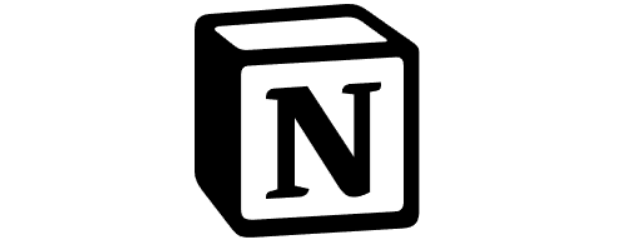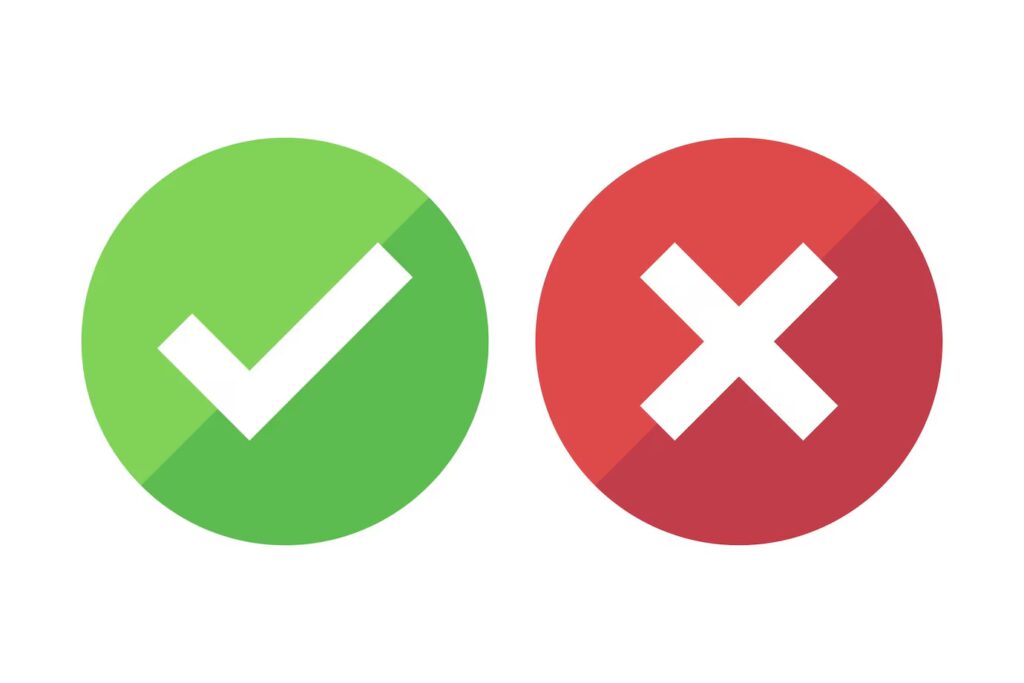Feeling confused between Monday.com and Notion? You’re not alone. Many business owners and freelancers face this dilemma.
Both tools help with organizing tasks, managing projects, and team collaboration but they work very differently. One offers structure and simplicity; the other offers flexibility and customization.

This guide will show you a clear and simple comparison between Monday and Notion. You’ll learn their key features, pricing, pros and cons, and which one suits your working style best.
Read till the end and decide which tool can actually help you work smarter, not harder.
💰 Monday vs Notion Pricing Plans (2025)
💰 Monday.com Pricing (Billed Annually)

| Plan Name | Price (Per Seat / Month) | Total Per Year (Per Seat) | Details |
|---|---|---|---|
| Free | $0 | $0 | For up to 2 seats, basic features only |
| Basic | $9 | $90 | Good for simple task tracking |
| Standard | $12 | $120 | Includes timeline, calendar views |
| Pro (Popular) | $19 | $190 | Advanced automation & integrations |
| Enterprise | Custom Quote | – | For large teams, with admin controls |
💸 Want to save more? Look out for a Monday.com promo code that can reduce your annual costs especially helpful for small teams!
💰 Notion Pricing (Monthly Billing)

| Plan Name | Price (Per Seat / Month) | Billing Type | Details |
|---|---|---|---|
| Free | $0 | Monthly | For individuals managing personal tasks |
| Plus (Popular) | $10 | Monthly | Ideal for small teams & collaboration |
| Business | $15 | Monthly | Advanced controls for growing businesses |
| Enterprise | Contact Sales | Custom | For big organizations needing control & scalability |
👉 Monday is better priced for small teams if billed annually. Notion is more flexible in monthly billing.
🟢 Key Notes:
- Monday’s plans are billed annually, making them better for budget planning.
- Notion offers month-to-month flexibility, which is good for freelancers and small teams.
🔍 Key Differences Between Monday.com and Notion
Notion is ideal for individuals or small teams who love custom workflows.
Main Purpose
Monday.com is built for task and project management with team collaboration.
Notion is an all-in-one workspace for notes, tasks, databases, and wikis.
Setup Style
Monday.com offers pre-made templates for quick setup.
Notion requires manual setup you’re free to build from scratch.

Automation
Monday.com has built-in automations like reminders and status updates.
Notion does not offer native automation; it depends on tools like Zapier.
Customization
Monday is structured with limited customization options.
Notion allows full flexibility with drag-and-drop blocks and layout freedom.
Ease of Use
Monday is user-friendly and easy for beginners.
Notion has a learning curve but is more powerful once mastered.
Best For
Monday suits teams needing structure and timelines.
📝 1. Task Management Comparison – Monday.com vs Notion
Let’s compare how task management works in both platforms using 5 key points each so it’s easier to decide what suits your needs.


✅ Monday.com Task Management
- Ready-Made Templates
Get pre-built boards for Marketing, Sales, HR, Content Planning, and more — just plug and play. - Visual Task Tracking
Use Gantt charts, Kanban boards, calendars, and timelines to visually track your project stages. - Status Updates & Automation
Easily assign owners, set due dates, and automate actions like “notify teammate” or “move item”. - Team Collaboration Built-In
Comment, tag users, attach files, and get real-time updates without leaving the task board. - Central Dashboard View
Managers can view multiple boards in one place using dashboards with widgets like charts or progress bars.
✅ Notion Task Management
- Custom Task Pages
Build task pages from scratch or use templates. Add text, files, databases, and checklists inside each task. - Linked Databases
You can create a central database of tasks and link it across multiple pages like Projects, Clients, or Notes. - Flexible Layouts
Switch between Table, Kanban, Calendar, List, or Gallery views anytime – all synced with the same data. - Embedded Notes & Docs
Each task can be a mini project – add meeting notes, SOPs, or even embed Google Docs or Loom videos. - Manual Workflow Setup
You build your system your way – no strict structure, but also no default workflow unless you create one.
🏆 Which Tool Wins for Most Users?
👉 Monday.com or Notion – Which One Should You Choose?
Quick Answer:
If you’re working with a team and need project timelines, automation, and pre-built systems, Monday.com is the winner.
It saves time and reduces manual work.
But if you’re a solo creator, student, or someone who loves full control, Notion gives you that blank canvas to build anything from notes to dashboards.
🟩 🏆 Winner for Teams & Business: Monday.com
🟨 🥈 Winner for Solo Users & Flexibility: Notion
🔄 Automations & Integrations
Monday.com
- Strong built-in automation: you can set rules like “when task is marked done, notify manager”
- Integrates with Gmail, Slack, Teams, Outlook, and more
- Great for tracking multiple workflows
- Curious about CRM integration? Check out this Monday.com and Salesforce Integration: Easy Guide.
Notion
- No native automation
- You can connect using Zapier, Make, or API
- Limited direct integrations, but growing slowly
- Best suited for lightweight automation needs like syncing tasks or adding calendar events through third-party tools
✅ Monday.com – Pros and Cons
| ✔️ Pros | ❌ Cons |
|---|---|
| Very easy to use, even for beginners | Limited customization compared to Notion |
| Built-in automation for workflows | Can get expensive for larger teams |
| Templates for various industries (CRM, HR, etc.) | Offline features are very limited |
| Strong dashboard and reporting tools | Feels rigid for creative or content-heavy work |
| Integrates well with tools like Slack, Zoom, Outlook | Mobile app lacks full desktop functionality |

✅ Notion – Pros and Cons
| ✔️ Pros | ❌ Cons |
|---|---|
| Fully customizable layouts and workflows | No native automation system |
| Combines notes, databases, tasks, and docs in one | Steeper learning curve for new users |
| Perfect for solo users, creators, and writers | Requires manual setup and structure |
| Works offline with full sync | Limited user permission controls for large teams |
| Clean, distraction-free interface | Relies on third-party tools for advanced integrations |
🟢 Final Thought

Choose Monday.com if you want task management that’s fast, visual, and ready to go.
Go with Notion if you enjoy building your own systems and need everything (notes, docs, tasks) in one place.
Would you like to add a “Who wins this round?” banner-style summary below this section for visual clarity?
At ShipChain.io, we often help clients pick the right productivity tools based on their workflow needs—whether it’s Notion for flexibility or Monday for structure.
🔗 Must Read:
- Monday.com vs ClickUp Comparison 2025: Best for Your Team?
- Monday.com vs Asana Comparison: Which Tool Wins in 2025?
❓ FAQs
1. Can I migrate data from Notion to Monday.com or vice versa?
Yes, but it’s manual. You can export data from Notion as CSV and then import it into Monday. There’s no one-click migration yet.
2. Does either tool work offline?
Notion works offline and syncs later. Monday.com has limited offline support it’s mainly built for online use.
3. Can Monday.com and Notion be used together?
Yes! Many people use both. For example, Monday for task tracking and team updates, and Notion for documentation, wikis, and creative planning.
I’m a CRM and Xero expert with over 6 years of experience. I specialize in researching, testing, and simplifying complex systems like Xero and other CRM tools. From setting up workflows to writing easy-to-understand content, I help businesses choose the right platforms and use them better for real growth.